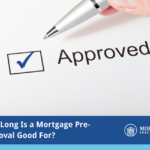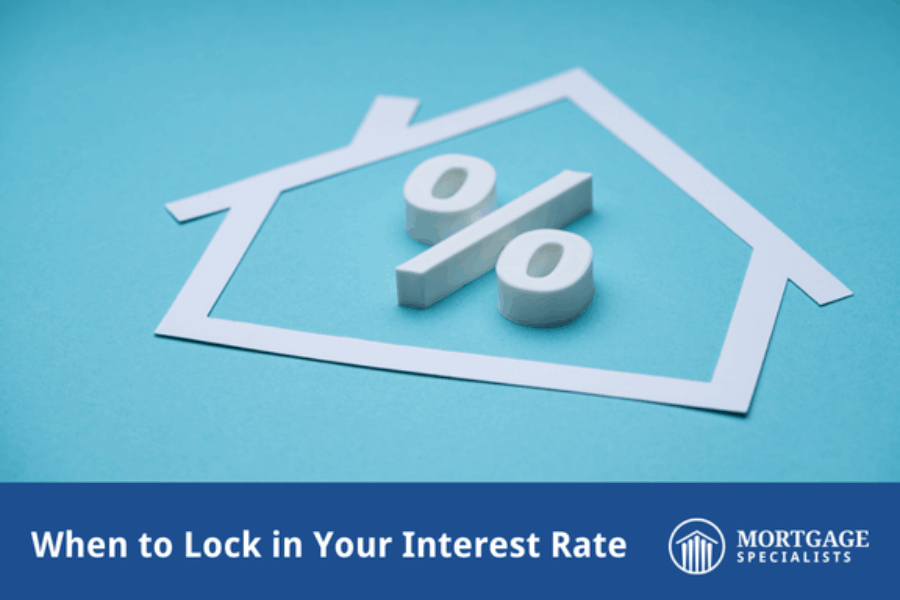Regardless of where you get a mortgage, you will always need three things – income, credit, and money down – and you’ll need the proper documentation for each. The mortgage industry is highly regulated. Although regulations mean more paperwork, paperwork protects both lenders and buyers.
To obtain pre-approval or approval for a loan, we require the following documentation:
- Paycheck stubs for the past 30 days
- Two years of W-2 forms
- Two months of checking and savings account statements
- Copy of your driver’s license
Possibly needed:
- Two years of federal tax returns (if self-employed or own rental properties)
- Last quarterly retirement and investment statements
When applying for a loan or seeking pre-approval, your lender will verify income. We need to do this as part of our process to help ensure you will be able to repay the loan you qualify for. Below are the three different types of proof of income.
W-2
For those that are employed by someone else, a W-2 form is used as proof to verify income when it comes to getting a mortgage. This is a form that your employer is required to file for each employee that makes more than $600/year and shows what you were paid for that year along with the amount of income, social security, and/or Medicare tax withheld by your employer.
Schedule C
Self-employed borrowers will use a Schedule C form as proof of income. This can include those who operate a business by themselves, freelance, or have a side gig.
Use Schedule C (Form 1040 or 1040-SR) to report income or loss from a business you operated or a profession you practiced as a sole proprietor. An activity qualifies as a business if:
- Your primary purpose for engaging in the activity is for income or profit.
- You are involved in the activity with continuity and regularity.
It is important to note that in the mortgage industry, any business deductions taken on your federal tax returns lower your income and may mean you can’t qualify for as large of a mortgage as you’d like.
You Might Also Like: Self-Employed Borrowers: What You Need to Know
Schedule E
A Schedule E form is another type of proof of income when it comes to getting a mortgage. One popular kind of income that requires a Schedule E is rent from real estate properties.
Use Schedule E (Form 1040 or 1040-SR) to report income or loss from rental real estate, royalties, partnerships, S corporations, estates, trusts, and residual interests in real estate mortgage investment conduits (REMICs).
It is important to note that in the mortgage industry, in order to be considered self-employed, you have to be at least 25% owner of your company.
As always, the Mortgage Specialists team commits to providing clients with outstanding customer service. If you are looking to buy a home, please don’t hesitate to contact us at (402) 991-5153. We’d be more than happy to help you determine what would be in your best interest. Or click the button below to begin the process today!
*Post updated from original published date of January 13, 2021.











 © Mortgage Specialists.
© Mortgage Specialists.